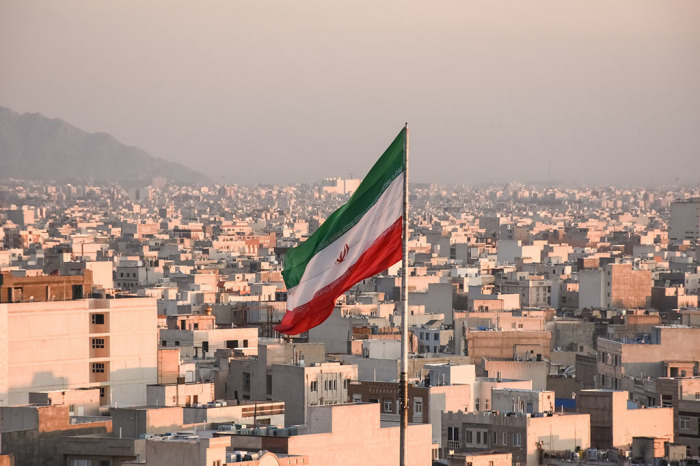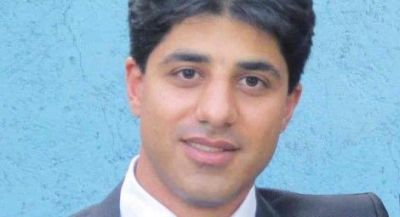Iranian authorities order pastor back to prison to serve 5-year sentence after temporary reprieve

Iranian authorities have ordered a pastor from the Church of Iran denomination to return to prison to begin serving a five-year sentence for “sectarian activities,” indicating that Christian persecution might be intensifying after a brief respite due to the spread of COVID-19 that led authorities to temporarily release many people from prison.
Pastor Amin Khaki is now in prison in Karaj, the capital of Alborz Province near Tehran, after last Wednesday’s summon, the U.K.-based group Christian Solidarity Worldwide reported.
Pastor Khaki, along with two other Iranian Christians, Milad Goudarzi and Alireza Nourmohammadi, stood trial in Karaj in June. They were charged under a new amendment to the Iranian Penal Code known as Article 500-bis, which deals with “sectarian activities.”
CSW said the three men were not allowed to be represented by their lawyer during the trial. They were each sentenced to five years in prison after being convicted of “engaging in propaganda against the Islamic regime.”

Khaki has also been arrested, charged and convicted previously. CSW said, adding that the three are appealing the verdict.
CSW’s founder and President Mervyn Thomas said Iran’s actions “send yet another negative message to religious minorities in Iran, and essentially amounts to a criminalization of Christianity.”
Demanding that the three be released, Thomas said, “We refute the charges leveled against Pastor Khaki and his colleagues.”
In a separate case last week, Iranian authorities also summoned Christian converts Sasan Khosravi and Habib Heydari to return to Bushehr Central Prison to serve the remainder of their one-year sentences for “propagating against the Islamic Republic by promoting Christianity,” Article 18 reported.
The two, who started their sentences in February, had been on furlough since March.
Governed by Islamic law, Iran ranks as the ninth worst country in the world for Christian persecution by Open Doors USA as the regime has relentlessly persecuted Muslim converts to Christianity.
Last February, Iranian Christian Dabrina Bet Tamraz spoke at a Family Research Council panel discussion on religious freedom in Iran.
“Today, there is not a free church. There is no free evangelical church, nor free Pentecostal,” she said. “The only churches that are allowed to function are orthodox or Catholic churches with restrictions. They are not allowed to have books in Farsi. They are not even allowed to, nowadays, print books in our own language. Any Christian literature or Bible even in our own language is not permitted. They are not even allowed to speak to a Farsi person near the church.”
Tamraz was among several persecuted believers from across the globe who met with President Donald Trump during the 2019 U.S. State Department Ministerial on International Religious Freedom.
“Together with the Revolutionary Guard, they are arresting all attendees. They raid Christian gatherings at home, restaurants, everywhere that they meet,” Tamraz said. “They arrest them and confiscate their belongings, their houses. Most of these Christians are subjected to intensive and often abusive interrogations. They are often tortured physically and mentally.”
Despite the persecution, Tamraz and other panelists agreed that the underground church in Iran is one of the fastest-growing church movements in the world.
According to Open Doors USA, there are an estimated 800,000 Christians in Iran, almost double the persecution watchdog’s estimate of 450,000 in 2016.




























